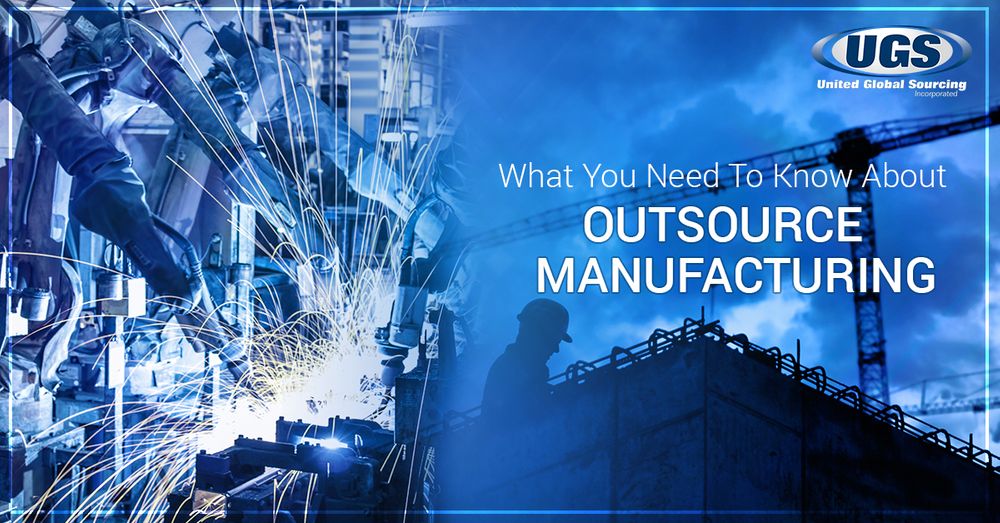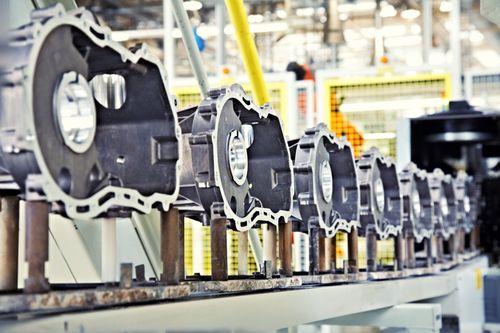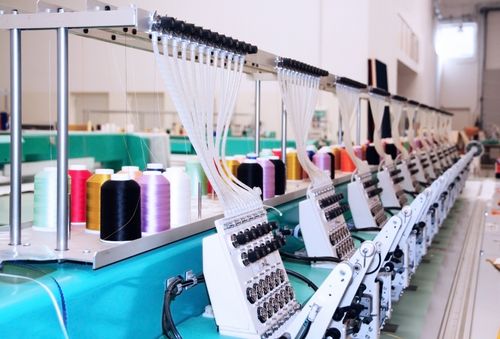Manufacturing companies can benefit from outsourcing their production in a variety of ways. The main reason, as we mentioned above, boils down to one thing: cost reduction. Most businesses will choose to outsource manufacturing processes with the hope of making fixed cost fully variable. If any part of your production line, from the conceptual design to the finished product, can be completed faster or at a lower cost somewhere else, it is always best to outsource. Some main benefits of outsourcing include:
- A myriad of financial benefits. This can help to reduce or eliminate assets and increase cash flow for your business.
- Strategic optimization. This allows business owners to focus on their core mission and the allocation of their operations in a more profitable manner.
- Supply chain management benefits. Your company will have the ability to select suppliers who are leaders in their specific industries.
- Flexibility. When you outsource your manufacturing needs, your company’s resources can be redirected to your core operations.
It’s critical for business owners to evaluate and analyze all costs that are required to perform work in-house. Companies should constantly review key business strategies and processes before making an outsourcing decision. If your business struggles with activities or processes that are redundant, they will not contribute to the profitable growth of your company. Some examples of cost advantages that can come from outsourcing include:
- Cheaper labor and lower asset cost. The most common regions for outsourcing manufacturing are in Asia, Latin America, and in Eastern Europe. Additionally, the cost to set up a business in these areas is lower.
- Lower fixed cost. Many companies prefer outsourcing their manufacturing needs because they only have to pay for the variable cost of production, and not for any upfront fixed costs.
Before you choose just any company to outsource your manufacturing and fabrication needs, it is important to take the time to identify key suppliers. Look for a company that is credible and experienced in their field. Some things to keep in mind when it comes to looking for an outsourcing company are:
- Try to find a company that has management styles and business philosophies similar to your own.
- Focus on the best solution for your product, not the lowest price.
At United Global Sourcing, we’re passionate about helping small to large businesses find the best manufacturer for their needs. Whether you’re making automobile parts, consumer products, or roller skates, we can help you identify the most capable factory for any part or product you may need. We also put communication and quality first, which is why we maintain a 24-hour communication cycle with all of our clients.



